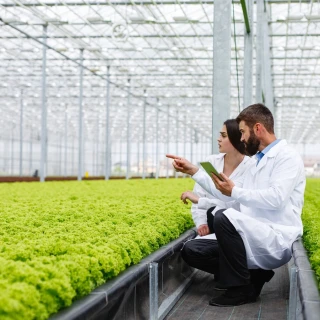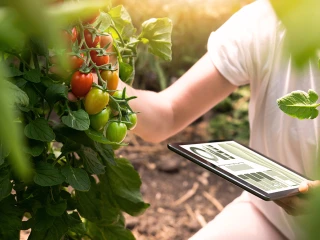Pointing out issues
You don't hear any different. 'We have to become more sustainable'. You know, it's necessary to preserve our earth. Yet I can almost hear you thinking: "It's all expensive enough. What will it cost me?'
You cut costs by using your resources and raw materials as sparingly as possible. Sustainable production is also done by using energy sparingly, using raw materials more efficiently, reducing waste, in short: by not wasting anything. Hey, that's good: sustainability and cost savings go hand in hand. So what do you need to steer and smoothly anticipate what is happening? Real-time data.
First, take a critical look at your production process. Or better, dare someone else to do so. An outsider will look with a fresh perspective and won't be afraid to point out issues. You will be surprised, for instance, how often production data is still written down manually on lists and later entered in an Excel sheet. Ouch! This is not going to help you. Not in your sustainability process. And certainly not in cost savings.
Real-time data is generated by automating, robotising and digitising your processes. If you can see in real-time that the weights of the burgers deviate from the norm, you can immediately adjust the machine. That way, at the end of the week, you won't face unpleasant surprises. Robots make fewer mistakes, are never sick and perform heavy tasks faster; no luxury with today's staff shortages. Moreover, relieving your staff of heavy work also contributes to their sustainable employability. Let robots, for instance, turn cheeses during the ripening process. That will prevent backache.
The whole game stands or falls with an appropriate and integrated system that can quickly process all that data into relevant information and give you full insight at any time. It answers the question: 'Where can I improve my processes? Where can I make a profit? Wait a minute; did you hear... profit? That sounds like music to my ears.
Source: Vakblad Voedingsindustrie

